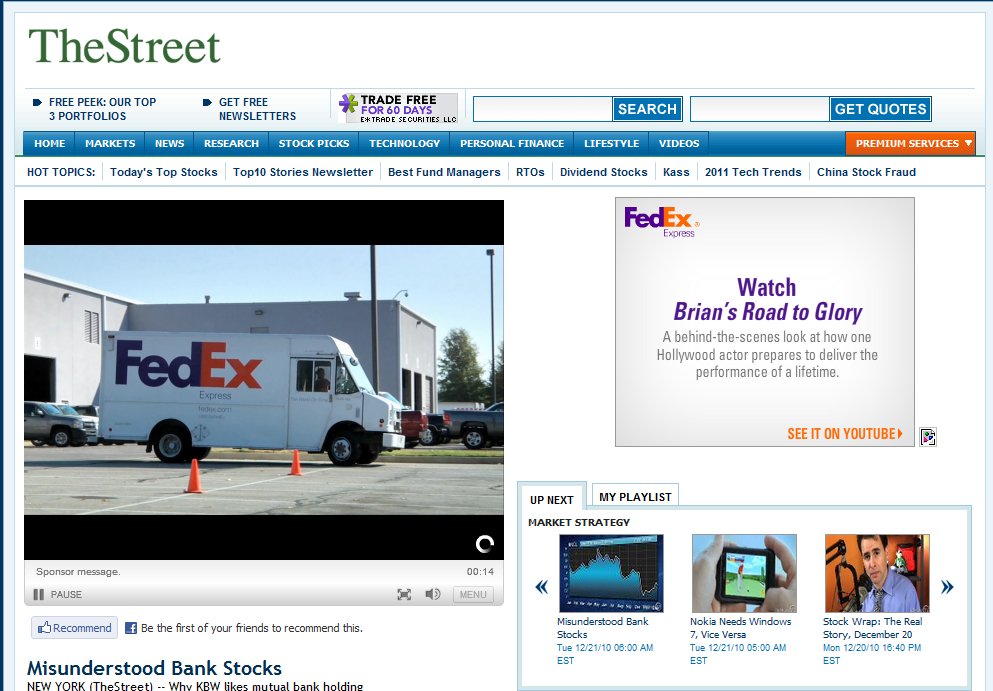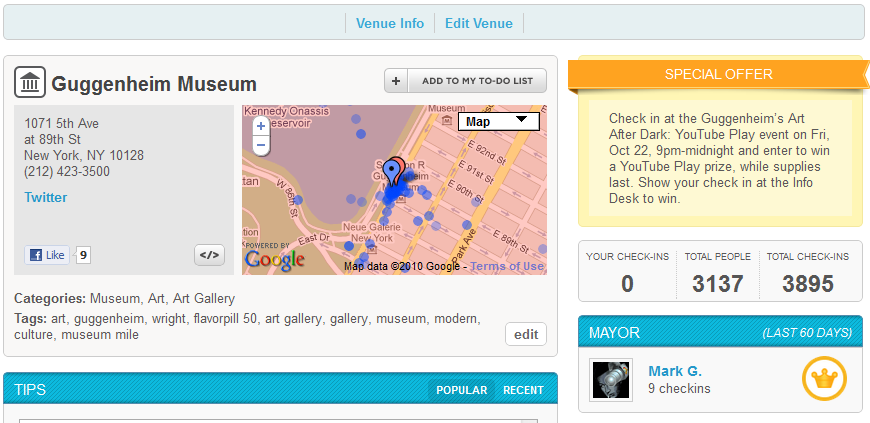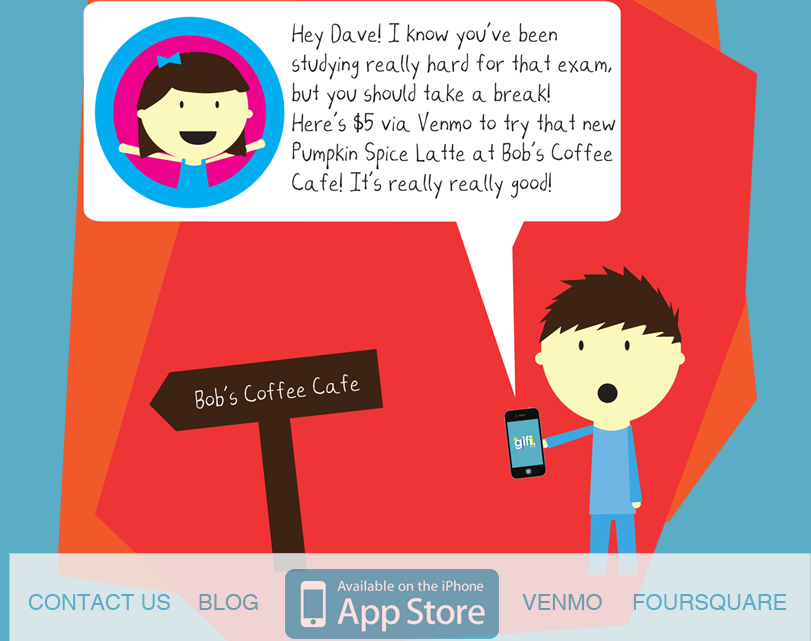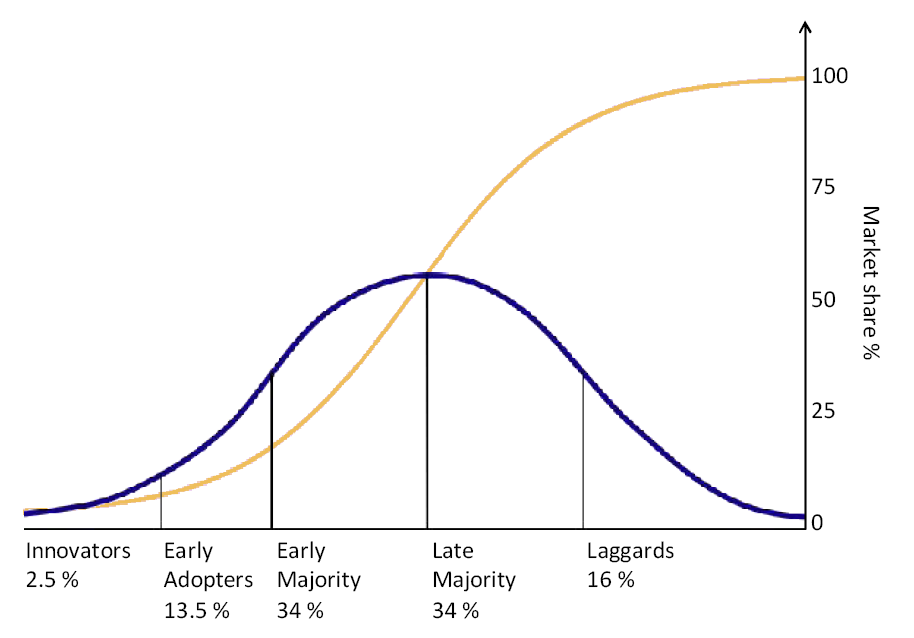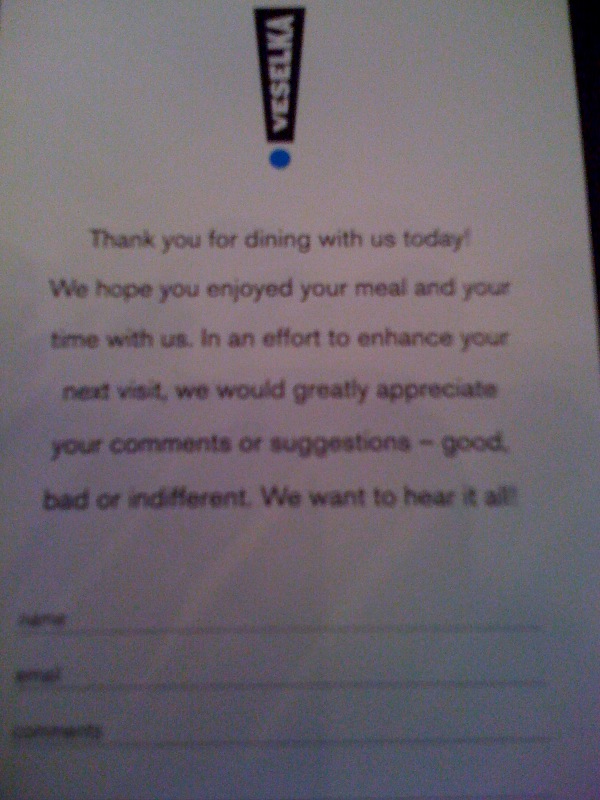How much does it cost to buck the system? The Wikileaks drama exposes these costs, as Zeynep Tufekci argues in the Atlantic (Wikileaks Exposes Internet's Dissent Tax, not Nerd Supremacy). In a public sphere, the state is accountable for our claims to free speech rights. But in the public sphere of the internet, which is really "quasi-public" to the extent that it is hosted on privately owned computers and networks, enforcing free speech claims is a matter iof power and influence, rather than rights.
This money, power, and influence, required in order to maintain speech outside the approval of the mainstream, is a tax on dissent.
My favorite part:
What the Wikileaks furor shows us is that a dissent tax is emerging on the Internet. As a dissident content provider, you might have to fight your DNS provider. You might need to fund large-scale hosting resources while others can use similar capacity on commercial servers for a few hundred dollars a year. Fund-raising infrastructure that is open to pretty much everyone else, including the KKK, may not be available. This does not mean that Wikileaks cannot get hosted, as it is already well-known and big, but what about smaller, less-famous, less established, less well-off efforts? Will they even get off the ground?
We obey both private "terms of service" and public "laws" with very different schemes for collecting and acting upon the will of the "governed." This is as troubling as it is intractable- if we're not going to stop using Facebook (as the failed "opt-out day showed) what is our recourse for a transgression? What is our mechanism for governing?
The dilemma facing any private organization operating in the quasi-public sphere is this: When in conflict, should the company choose its own self interest over the claims of its customers or other constituents? The libertairian view would be that the customer's relationship with a firm is expressed through contracts, and thus the terms of service become all the more important, regardless of the perfuctory acceptance and incomprehensible language usually involved.
Participatory mass media have consequences. The increasing share of our private lives that are mediated by privately owned platforms, threatens our freedom. This is not merely because these communications are usually trivial to rather than substantive. We treat Facebook as though it is replaceable, and on the mean, we have conversations of relatively low value. However, the outlier dioscussions, where the value of any given conversation rises (say, a Wikileaks fan page on Facebook), that run counter to the requests of the state or the operator of the quasi-public, yet wish to take advantage of the same frictionless communications, are ultimately at the whim of the operator.
So we should be interested in the ability of the masses to force change in largely private institutions governing the public sphere. Do these organizations conduct themselves in transparent ways? Do they see themselves through the eves of the constituent? Do they fear illegitimacy and crave the affirmative consent of the community?
The institutions which consciously choose to live by such a combination of rules and maxims, without the coersion of the state, form the businesses most likely to attract the copnsumers of the future.
We must admit that the conduct of many of our institutions, who do not live by such principles, often find themselves subject repeatedly to regulation and in the absence of effective oversight, to public outcry that results in significant value destruction. BP. Enron. WorldCom. Lehman Brothers. The revelation that wikileaks is holding a trwasure trove of documents that reveal the executive operations and attitudes of Bank of America, and the idea that BofA holds little interest in seeing such information released, is not about the power of Anonymous, or WikiLeaks, or any Nerd Hacker Politics. The simple fact remains that it is no longer easy to keep secrets, but it is harder still to operate a financial institution that exploits the masses a nickel and a dime at a time and transforms that exploitation into "wealth" for the few, because it is clear that transparent discussion of such a scheme would prompt outrage. We shall see what WuikiLeaks can provoke.
More than an advertising and marketing technology, the social channels which comprise this "quasi-public" sphere present the opportunity to encourage private entities to change their business, change their governance, and otherwise comport themselves in with decency in public. This is the frontier of social business design, and it's going to be a compelling trend in 2011.

